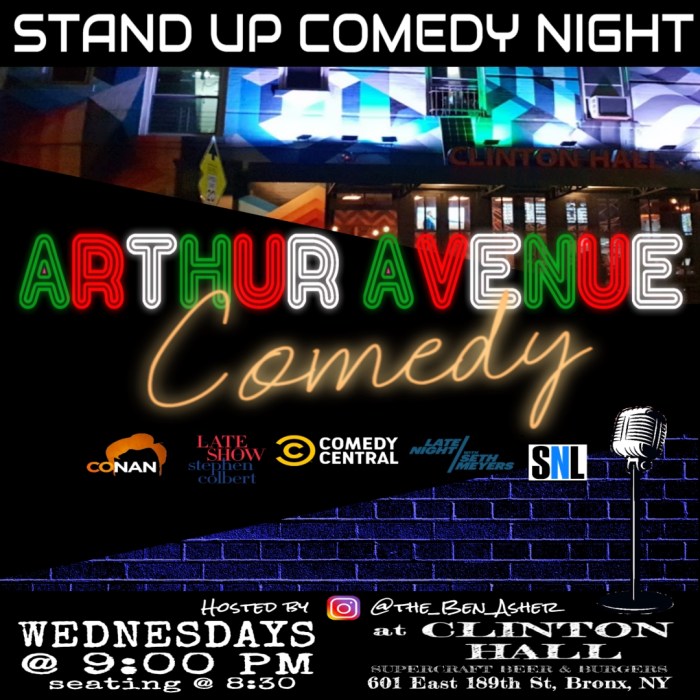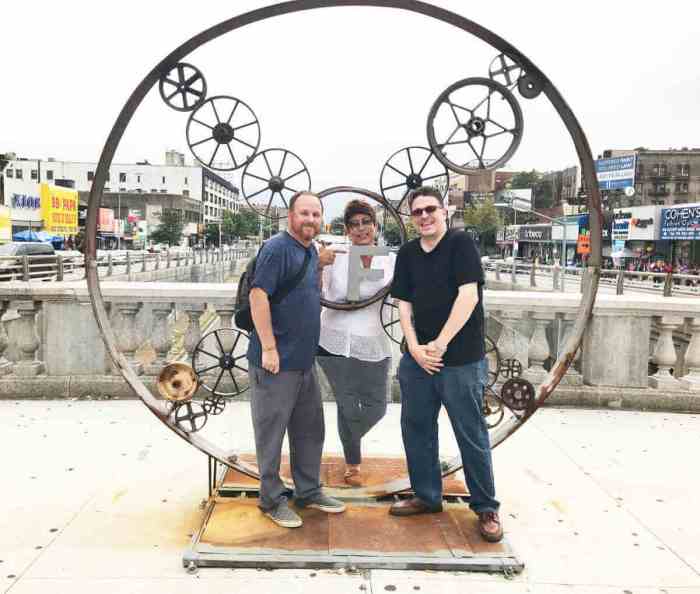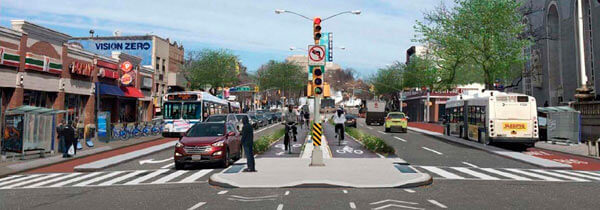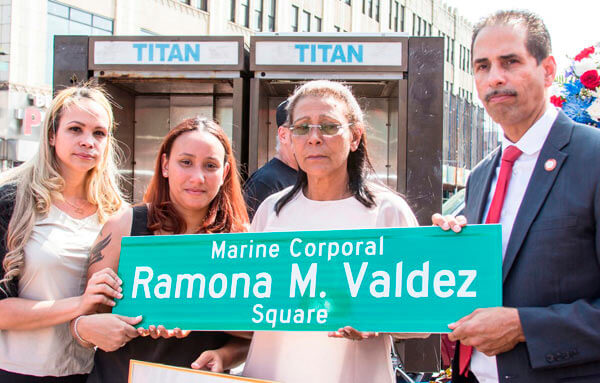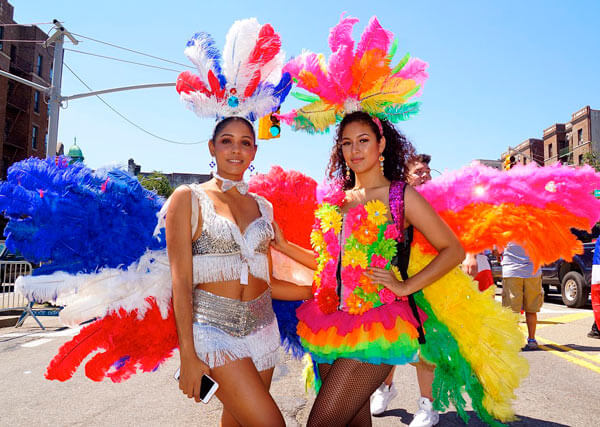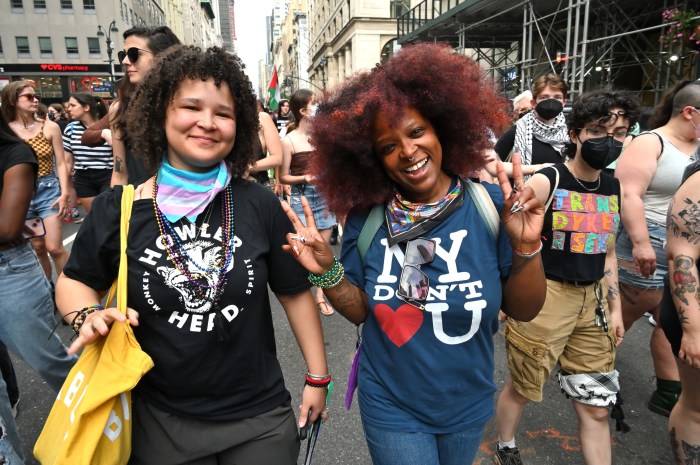Bodegas in the Bronx occupy a unique space in the daily lives of residents. Bodegas perform the role of food source for a borough experiencing food scarcity and insecurity in its southern corridor, the role of a local pharmacy for minor illnesses and colds, and sometimes, a late-night therapy office for customers looking to vent.
On pay day, it’s a banking hub for underbanked residents, where timely ATM withdrawals are made. Bodegas can be a daycare center, where longtime patrons in child care deserts entrust owners and employees to look after their child during a work shift.
Depending on the day, it can be a public theater for communal hangouts, and at times, violent altercations and interactions.
“Much like a snowflake, not all bodegas are alike. And not all shifts are the same,” said Hashim Ali, a longtime manager of one of the many Grand Concourse-centric bodegas. “The interactions are always different, some funny, some dangerous, some very unfortunate. … I remember being threatened twice in one week for money in our register. Some of my customers, after they get done with (the) ATM, might get robbed outside the store.”
In an effort to curb public safety incidents inside and outside the city’s bodegas, a new $1 million pilot program is offering up to $3,000 for security upgrades — such as panic buttons and high-resolution cameras — to participating bodegas in the South Bronx, Harlem and Washington Heights.
Applications for the Small Business Security Initiative open June 1, and funds for those upgrades will be distributed on a “first-come, first-served basis.” According to state Assemblymember Amanda Septimo, whose legislative district includes the South Bronx, applications for the program are on a rolling basis and will run until funds — provided by the nonprofit Bronx Community Foundation — are exhausted.
While crime incidents per bodegas are not tracked by the NYPD, small business groups and bodega associations cite an overall rise in violent incidents in the city such as robberies and burglaries — both of which have increased year-over-year in South Bronx precinct areas, according to police data.
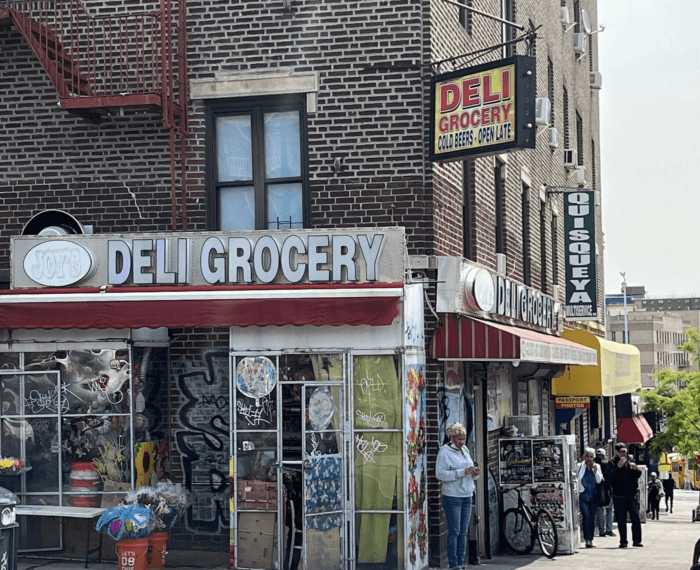
The pilot program — which Septimo hopes will expand statewide to other small businesses — is a unique approach to public safety concerns raised by the city’s small and hyperlocal business community.
“This is really an effort to think about public safety more holistically. What does public safety look like outside legislating? What does public safety look like outside policing?” Septimo, who took office in 2020, told the Bronx Times. “This is what we’ve been hearing that bodega owners, small businessowners need, and we’re stepping up to meet that need. … If that need changes, we’ll adjust accordingly.”
While the exact number of bodegas citywide is unknown, estimates have ranged from 7,000 to nearly 13,000, with some experiencing permanent shutdowns during the pandemic and others an increase in violent altercations.
“A million dollars is a great start, but it’s not enough,” said Youssef Mubarez, a community leader with the Yemeni American Merchant’s Association. “We want this program to be in Brooklyn and Queens, all over the city.”
“If the bodega is closed, where will folks go?”
Fittingly, the press conference held in front of the Green Earth Grocery Store bodega became a theater of its own showcasing the always-busy Grand Concourse soundtrack.
One woman hurled accusations of stolen money at an attendee, briefly interrupting Monday’s press conference. Shortly after, an unclaimed double-parked car caused commotion and incessant honking — ultimately leading a Bx2 bus to unload all of its passengers and block the entire right lane throughway at Grand Concourse and 171st Street.
For local bodega owners, Monday’s scene is just another day in the South Bronx.
One may think, with roughly 10 bodegas within a square block of each other in the borough’s Grand Concourse section, there may be competitive tensions. Hardly so, says Ali, the bodega owner. Instead, bodegas are clamoring for more resources to be distributed for the entire business community to address rising public safety concerns.
The program, some say, could be a step in helping store owners manage chaos and sometimes violent interactions at their storefronts.
“This small business security initiative is essential because it comes to serve small businesses during a time when bodegueros are victims of crime and (there is a) lack of consequences around the city,” said Francisco Marte, president and founder of the Bodega and Small Business Association.
Bodegas have found it increasingly difficult to be a viable safe space in the community. Many cite the effects of the COVID-19 pandemic, which burdened bodegas in low-income communities with a rise of unemployment, robberies, burglaries and shootings — the latter rate rose by 63% during the first eight months of the 2020 pandemic, according to police data.
When 20-year-old Jayshua Nivar was shot and killed outside a Belmont bodega last July, local bodega owners in the area told the Bronx Times it made them consider closing their storefronts for a week, as a safety measure for employees.
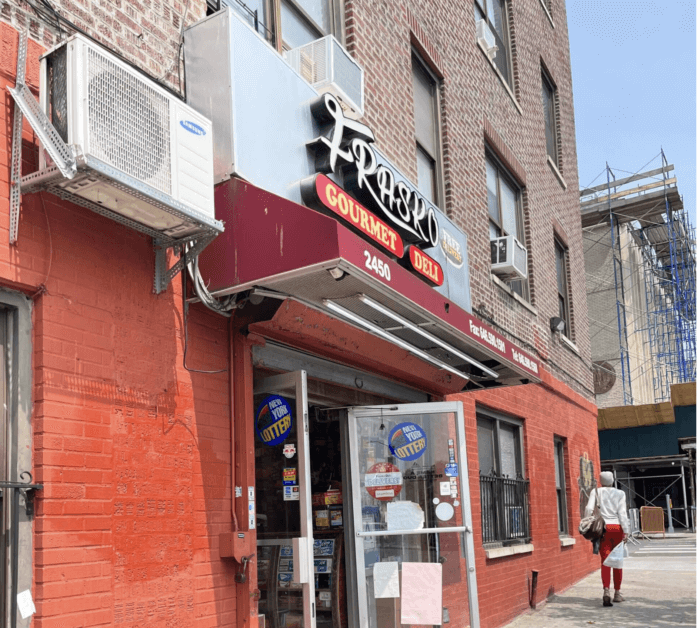
When a bodega closes in Belmont — a neighborhood with a 37-to-1 bodega-to-supermarket ratio — it’s more than just a day or two without food and drink. It’s a disruption in the day-to-day for Belmont residents.
“If the bodega is closed, where will folks go?” said Josue Soto, who works with his family at Belmont Deli & Grill. “But on the other hand, I sacrifice my life on a shift. … Sometimes the late-night shifts can be tense. Someone comes out and then someone’s waiting for them, and it gets violent and causes harm for us as workers.”
When asked if Soto would apply for the program, he said it’s definitely a consideration. Other bodega owners believe, in addition to the public safety upgrades, measures are needed to help bodegas meet the food burdens in their Bronx communities.
Roughly 800,000 New York state households faced food insecurity between 2019 and 2021, a measure of the availability of food and individuals’ ability to access it, according to a recent report from state Comptroller Thomas DiNapoli. With federal Supplemental Nutrition Assistance Program’s (SNAP) benefits having expired in March — a program that kept 4.2 million people out of poverty since the fourth quarter of 2021 — officials like U.S. Sen. Kirsten Gillibrand want bodegas to be major beneficiaries of the newly re-worked Farm Bill.
According to the New York City Food Policy Center at Hunter College, less than 50% of residents live five minutes or less from supermarkets with fruits and vegetables. The same study used SNAP benefits as a measure of food insecurity, which about half of South Bronx residents receive, compared to the national average of 12.8%.
Gillibrand told the Bronx Times last month that her legislation aims to create more funding for bodegas and markets to be able to offer healthy, nutritious food to communities in the city’s food deserts.











